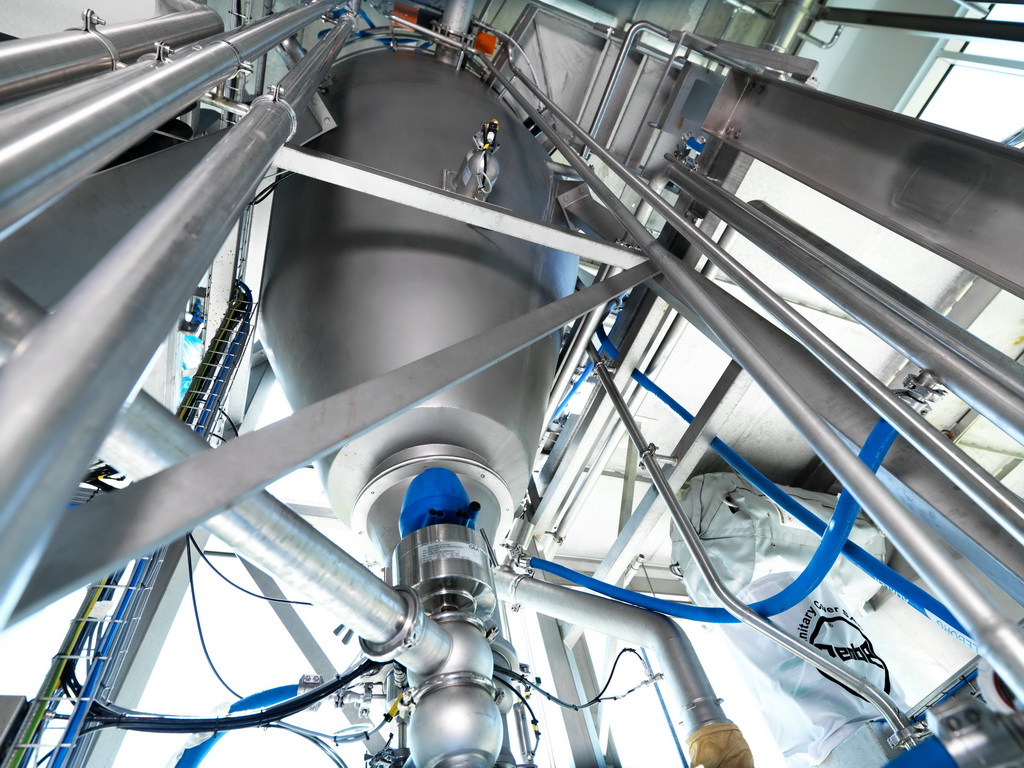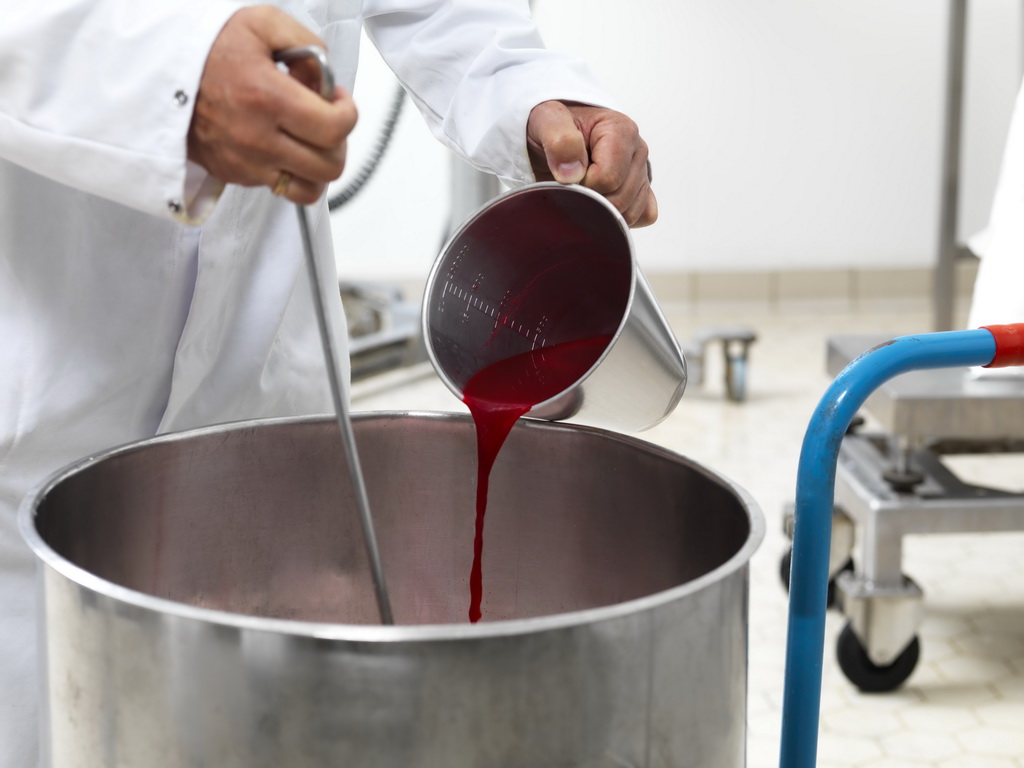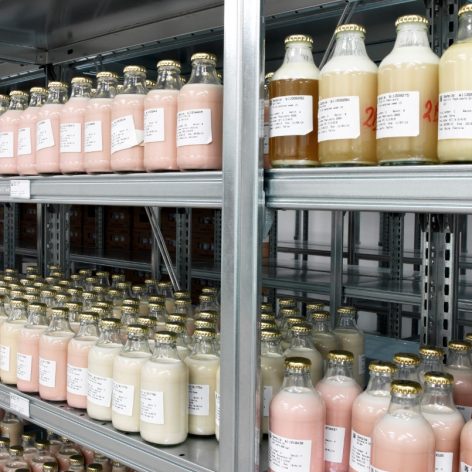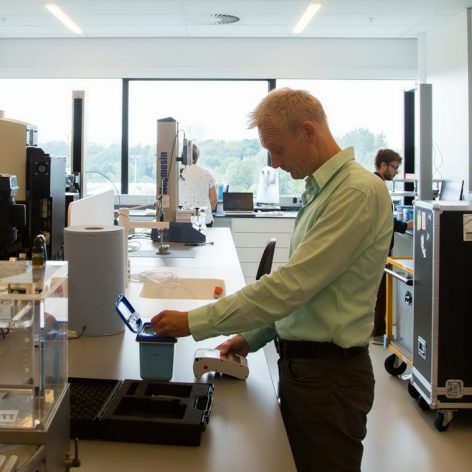Before moving to full-scale manufacturing, we need to ensure that we can create the products in large quantities while maintaining product quality and safety. Process technology aims to answer two main questions. Firstly, can our production facilities already make specific products or should we adapt the production process? And secondly, are there possibilities to improve the production process?

We test new concepts in the pilot plant within our research centre in Utrecht, the Netherlands. It is here that we rely on the expertise of our cross-functional team of process technologists, food science technologists and industrial engineers. It is their job to combine new and existing technologies to support novel and sustainable processes. It is only once these processes have been perfected that we move onto full scale production.
Our pilot plant in Utrecht has three main functions:
1. To test new recipes from the research and product development teams, passing nutritional concepts through various processing steps in order to create actual products that can be manufactured in large quantities whilst maintaining their quality.
2. To act as a step between the laboratory and the factory, pilot testing the product before we move to full scale production
3. To test new technologies and materials that could further improve our production processes.

Our unique fermentation process.
Fermentation is one of the oldest food processing technologies known to man. It is a process by where a foodstuff is broken down by bacteria or other microorganisms with the benefit of improving its quality, digestibility and tolerance. Many modern, industrialised versions of the fermentation process contribute significantly to our food production, helping us develop new, healthy, tasting and microbially safe food products.
LactofidusTM: an innovative fermentation process for infant formula.
LactofidusTM is our unique, patented fermentation process, designed to produce a partially fermented infant formula that promotes digestibility and tolerance. The process demands well-controlled technology and involves two specific lactic acid-producing bacteria, resulting in a product containing microbial enzymes such as lactase, bacterial metabolites such as lactic acid, and bacterial cells and components. Positively affecting the GI function and gut microbiota of infants, LactofidusTM enables us produce a safe and quality-consistent, fermented infant formula.
Find out more about GI function here.


